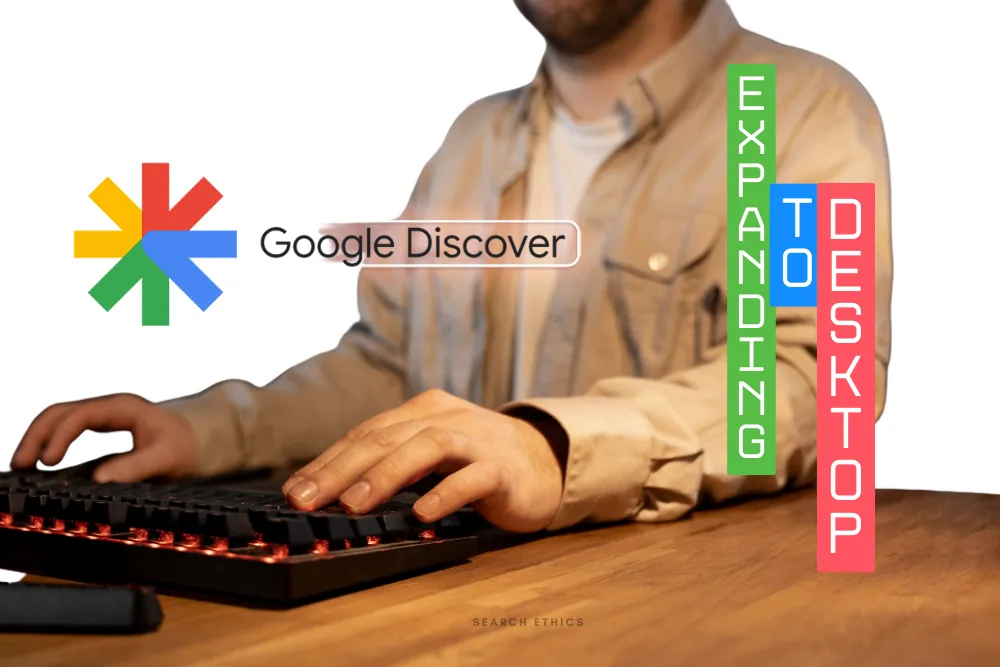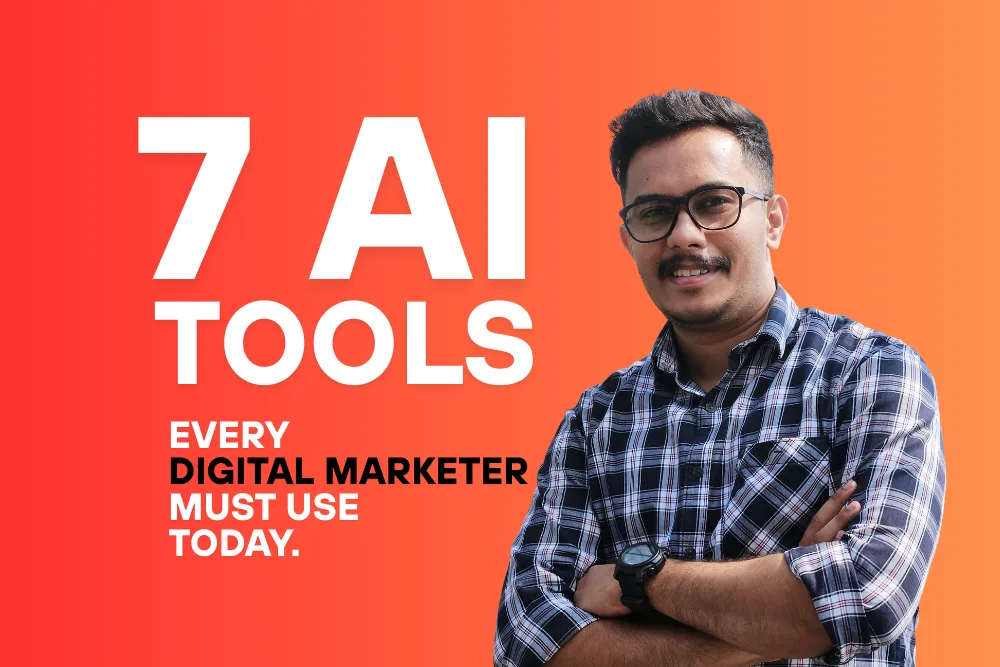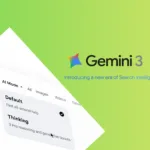Now Reading: Google is Bringing Discover to Desktop Search
-
01
Google is Bringing Discover to Desktop Search
Google is Bringing Discover to Desktop Search

Key Takeaways
-
Google Discover is officially coming to desktop search, as confirmed at a Google Search Central Live event.
-
Discover has become a major traffic driver, especially for publishers focused on lifestyle and personal content.
-
Optimizing for Discover requires quality, engaging content—not traditional SEO tactics.
-
Desktop rollout could reshape web traffic patterns, creating both opportunities and challenges for content creators.
What Is Google Discover?
Google Discover is a personalized content feed that recommends articles, videos, and other web content based on a user’s interests, browsing history, and app activity. Unlike traditional Google Search, users don’t have to type queries—content is suggested automatically.
You’ve probably seen it already on the Google app, Chrome’s new tab page, or on your mobile homepage at google.com.
According to Google, Discover is designed to show “people content related to their interests, based on their Web and App Activity.”
Discover Is Expanding to Desktop—Here’s What We Know
At the recent Google Search Central Live event in Madrid, Google confirmed plans to bring Discover to desktop. While the company hasn’t announced an official launch date, this is the first formal acknowledgment that the feature is on its way to desktop users.
SEO expert Gianluca Fiorelli first reported the announcement on X (formerly Twitter), sparking discussion across the digital publishing world.
Why Google Discover Matters: A Growing Source of Traffic
Discover is no longer just a nice-to-have feature—it’s becoming a primary source of web traffic for many publishers.
-
A NewzDash survey revealed that:
-
52% of news publishers see Discover as a top priority.
-
56% have seen recent traffic increases from Discover.
-
-
Martin Little from Reach plc, which owns UK outlets like the Daily Mirror, said:
“Discover is making up for search traffic losses and then some… Almost 50% of our titles are growing year-on-year now.”
This growth is pushing publishers to treat Discover optimization as a core part of their content strategy—not just an experiment.
How to Optimize Your Content for Google Discover
You don’t need structured data or special tags to appear in Discover. But success often comes down to meeting Google’s quality expectations and appealing to user interest.

Soft-lens content, such as personal experiences, lifestyle tips, or niche interests, tends to outperform hard news or crime stories in Discover.
“You don’t get court content in there, no crime… our council content doesn’t get in there,” explained Martin Little, highlighting the importance of story tone.
What the Desktop Rollout Means for Publishers
Adding Discover to desktop could significantly shift user engagement. Historically, Discover has been a mobile feature, but this expansion signals Google’s intent to unify the experience across platforms.
At the event, Google emphasized “expanding surfaces”, which suggests the company aims to present Discover content more consistently—no matter the device.
For publishers and SEO professionals, this means:
-
Reconsidering content formats and visuals for larger screens.
-
Rethinking how headlines and story previews appear on desktop.
-
Expecting changes in traffic patterns and user behavior.
Building a Strategy for Discover Success
If you’re serious about tapping into Google Discover’s traffic potential, it’s time to get proactive:
-
Monitor Discover performance via Google Search Console to understand what works.
-
Diversify your content strategy—balance evergreen SEO with trend-based storytelling.
-
Build direct reader relationships with newsletters, so Discover traffic doesn’t disappear overnight.
-
Test headlines that open curiosity gaps—enough information to hook the reader, without giving it all away.
Final Thoughts: Discover Is the Future of Search
Google’s move to bring Discover to desktop reflects a larger shift—from search engines that respond to queries, to platforms that anticipate user interests.
For publishers, this is a major opportunity—if you prepare. Understanding the types of content Discover promotes and adjusting your strategy accordingly could put you ahead of the curve.
The launch date may be unknown, but the direction is clear: Google Discover is expanding. Is your content ready to be found?
Dony Garvasis is the founder of Search Ethics, a platform dedicated to transparency, authenticity, and ethical digital practices. With over 8 years of experience in SEO and digital marketing, I provide expert content on Tech, digital marketing, SEO, Artificial intelligence, gadgets, science, automobiles, lifestyle, tips, tutorials and much more. My mission is simple: Ethical Search, Genuine Results! I will make sure people everywhere get trustworthy and helpful information.










